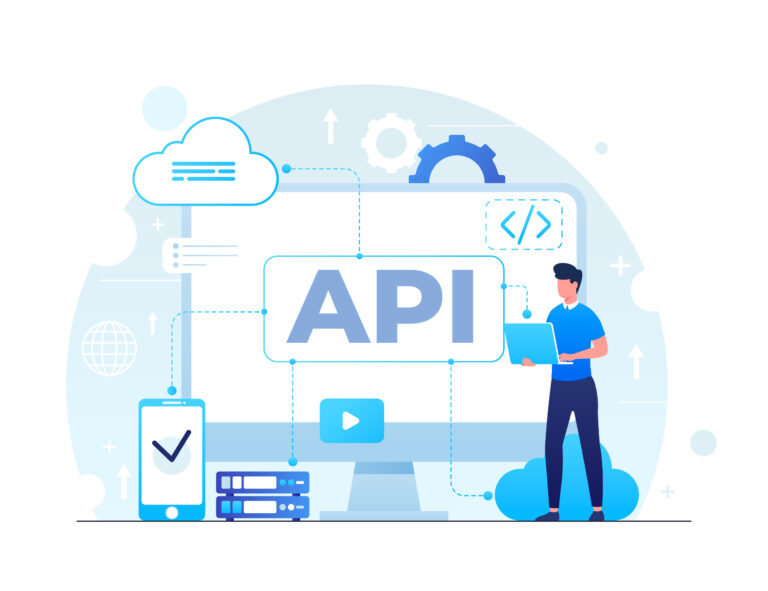Effective Exception Handling in Java
In Java programming, exceptions are more than just error messages they’re structured signals that something has gone wrong during program execution. A well-designed application does not simply let these exceptions terminate the program unexpectedly. Instead, it anticipates potential issues, handles them gracefully, and ensures that users and developers alike receive meaningful feedback. Effective exception handling…










